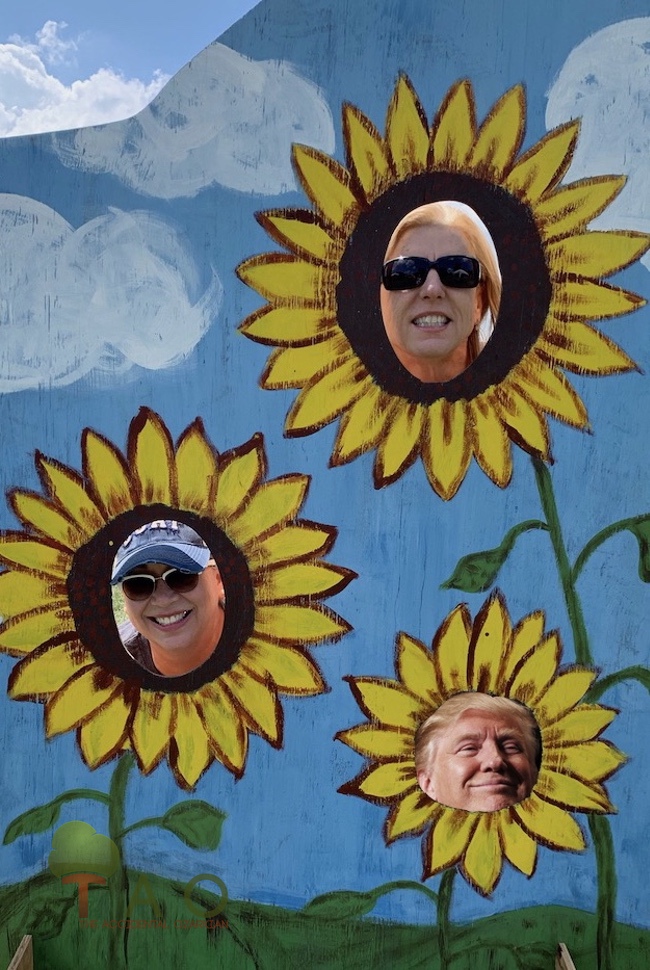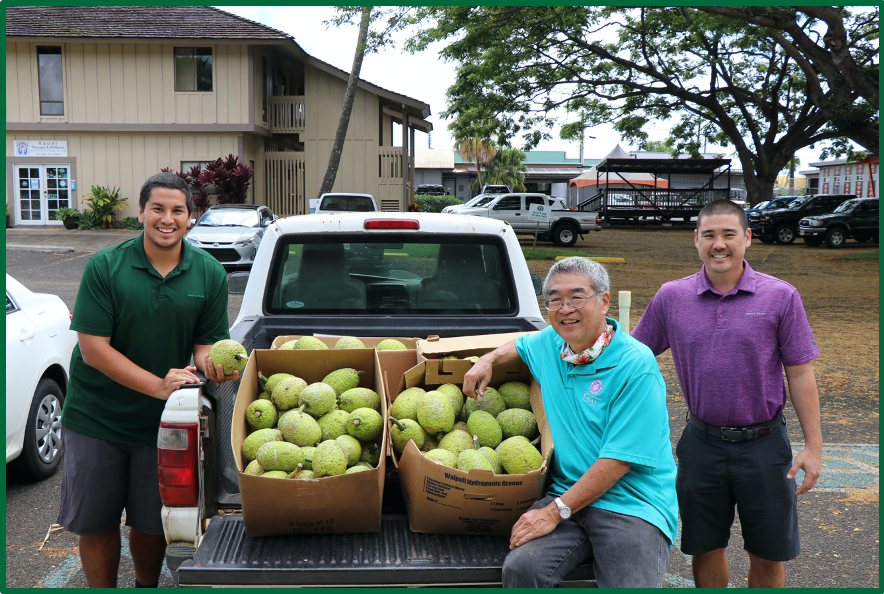
Like Grove Farm, Kōloa had been a pioneer of the industry, bringing in new innovations to the growing and processing of sugar. In 1948, Grove Farm purchased Kōloa Plantation. In December of 1941, Grove Farm became immersed in the ongoing World War II efforts and dedicated large acreages previously used for sugar to grow food for the local population and the military. Many modernizing changes occurred throughout the plantation, from the construction of an innovative water irrigation system to the creation of new cultivating machinery and planting methods, to the use of the first mechanized sugar cane seed planter in Hawaiʻi. Grove Farm flourished under the leadership of George N. These guiding principles continue to be cornerstones even to this day. Under his leadership, Grove Farm came to be synonymous with innovation, quality and positive economic growth on Kauaʻi. In addition to being an enterprising innovator of plantation sugar culture, Wilcox was also a powerful political figure, a community leader, and a philanthropist.


In November of 1864, Hanalei-raised George Norton Wilcox took over the lease for Grove Farm and quickly became its sole owner.


 0 kommentar(er)
0 kommentar(er)
